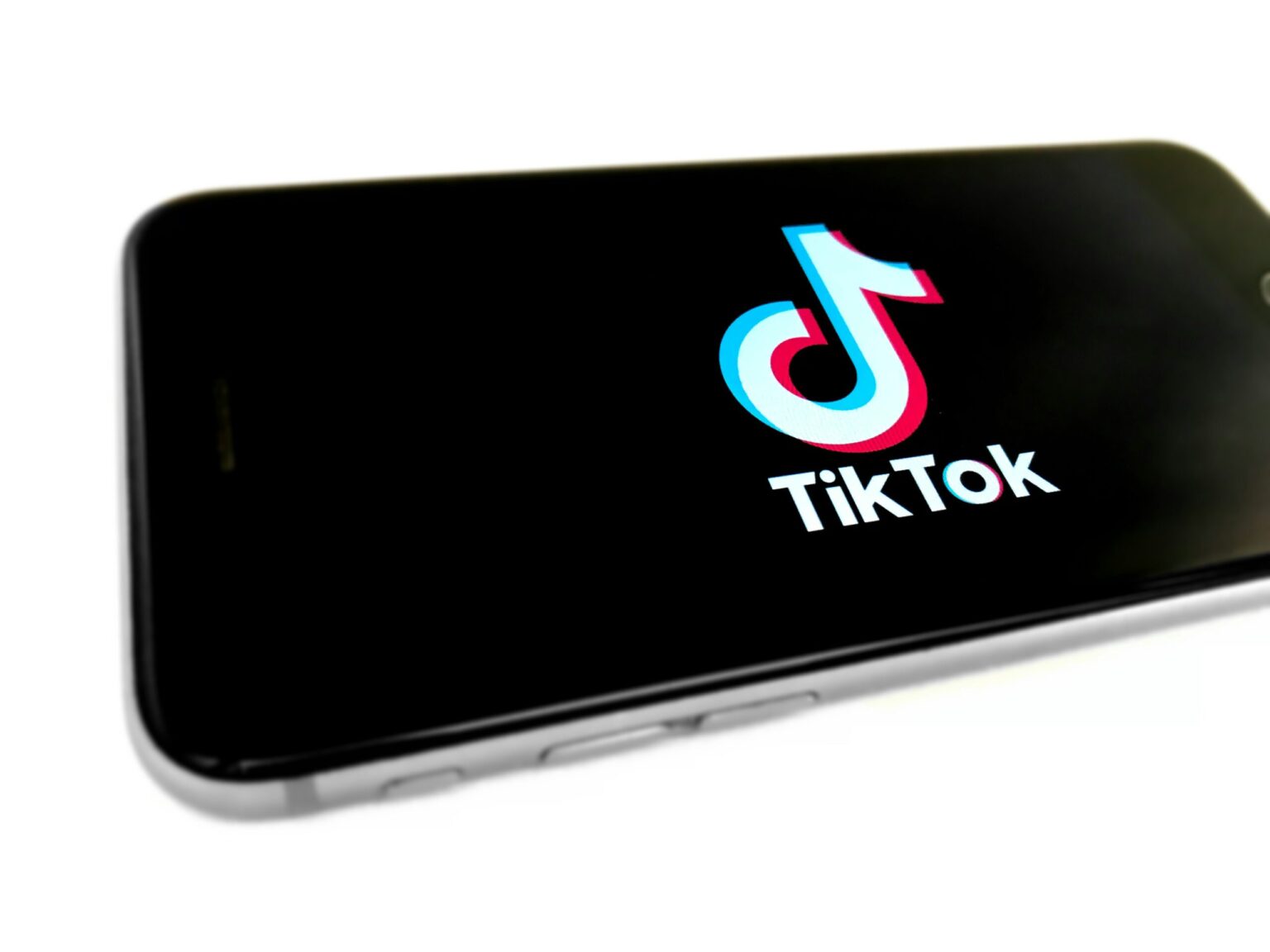The ongoing legal and political battle between TikTok and the U.S. government has reached a decisive moment. The popular social media app, with millions of active users and content creators across the country, now faces a nationwide ban after failing in its final appeal. This decision marks a significant shift in the ongoing discussion over national security, digital rights, and the growing influence of technology companies.
The Journey Toward a Ban
TikTok’s struggle with U.S. lawmakers has been a multi-year saga, beginning with concerns over the app’s ownership by the Chinese tech giant ByteDance. U.S. government officials have voiced fears that TikTok’s access to vast amounts of user data could pose a threat to national security, potentially allowing the Chinese government to collect sensitive information through its connection with ByteDance. Despite TikTok’s assertions that it stores U.S. user data securely and independently, the apprehension around the app has persisted.
The U.S. government’s first significant move came in 2020, during the Trump administration, when efforts to ban the app were launched. However, legal challenges prevented any immediate action. Under the Biden administration, scrutiny intensified. By 2023, U.S. Congress passed legislation demanding ByteDance either sell its stake in TikTok or face a nationwide ban. ByteDance’s refusal to comply set the stage for a prolonged legal dispute.
On December 6, 2024, after a series of failed appeals, TikTok’s legal team exhausted all options, and the U.S. government finalized the decision to enforce a nationwide ban. The outcome has reverberated across digital and political landscapes, raising questions about the future of social media and its regulation.
How Will the Ban Be Enforced?
Banning an app as widely used as TikTok involves complex logistical and technical hurdles. The app’s global user base, including millions of Americans, relies on it across multiple platforms—smartphones, tablets, and desktop computers. The following steps are most likely to be implemented:
- App Store Removal: Major app stores like Apple’s App Store and Google Play will be required to remove TikTok from their platforms, halting new downloads and updates for current users.
- ISP Blocking: Internet Service Providers (ISPs) may be instructed to block access to TikTok’s servers, effectively cutting off users from the platform.
- Business Restrictions: U.S. companies that currently do business with TikTok—including advertisers, payment processors, and data services—will be prohibited from engaging with the app, which will severely disrupt its operations.
However, tech-savvy users might attempt to circumvent these restrictions using VPNs or alternative access methods. While this could delay the effects of the ban for some, TikTok’s mainstream accessibility will undoubtedly be compromised.
Impact on Creators, Users, and Businesses
TikTok has become an essential platform for millions, especially content creators who rely on the app for income through sponsorships, ad revenue, and partnerships. The ban presents a serious threat to their livelihoods, forcing influencers and businesses to look for alternative platforms like Instagram Reels, YouTube Shorts, or up-and-coming competitors.
Small businesses, which have benefited from TikTok’s organic reach, will also face challenges. The app has allowed companies to connect directly with customers through viral content and less expensive marketing strategies. With TikTok’s removal, businesses may be forced to shift to other platforms, creating a potential boost for competitors like Instagram and YouTube.
For everyday users, the ban marks the end of an era. TikTok has not only been a source of entertainment but a space for learning, activism, and community building. The implications for American users’ online engagement and social connectivity remain uncertain.
What’s Next for TikTok?
While TikTok’s legal options in the U.S. seem to have run out, the fight may not be completely over. Some experts believe that ByteDance could still negotiate with U.S. officials or seek a political solution, although this seems increasingly unlikely. Another potential avenue is for ByteDance to sell TikTok’s U.S. operations to a domestic company, such as Microsoft or Oracle, which would address security concerns and potentially lift the ban.
Until any changes happen, users and creators alike will have to navigate a post-TikTok landscape in the U.S. Whether this marks the final chapter for the app in America or the beginning of a larger shift in how digital platforms are regulated remains to be seen.
For now, TikTok’s future in the U.S. remains uncertain, with creators, users, and businesses bracing for the long-term impact.
